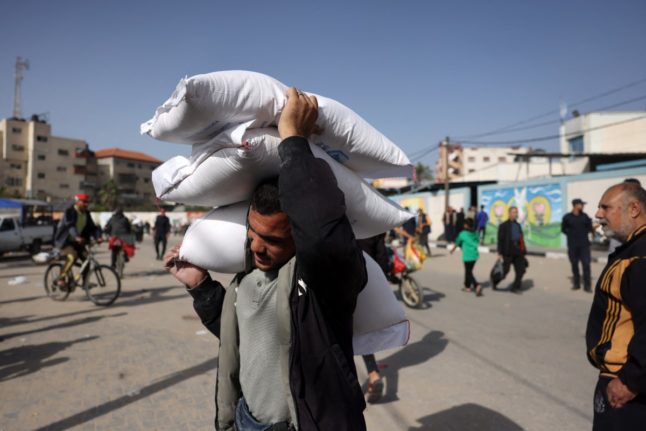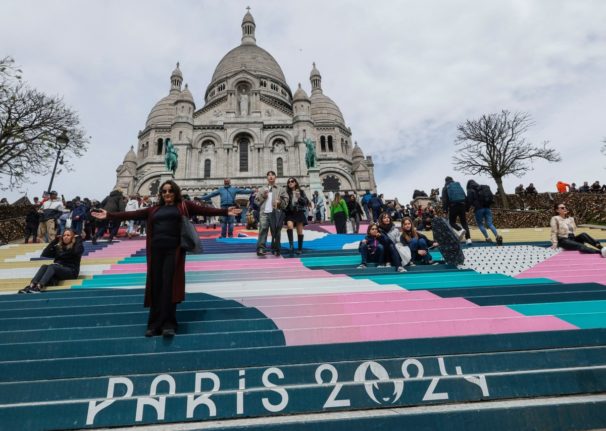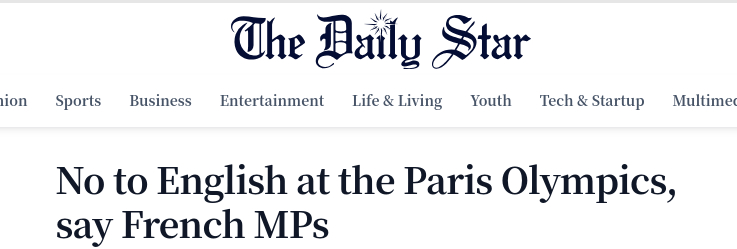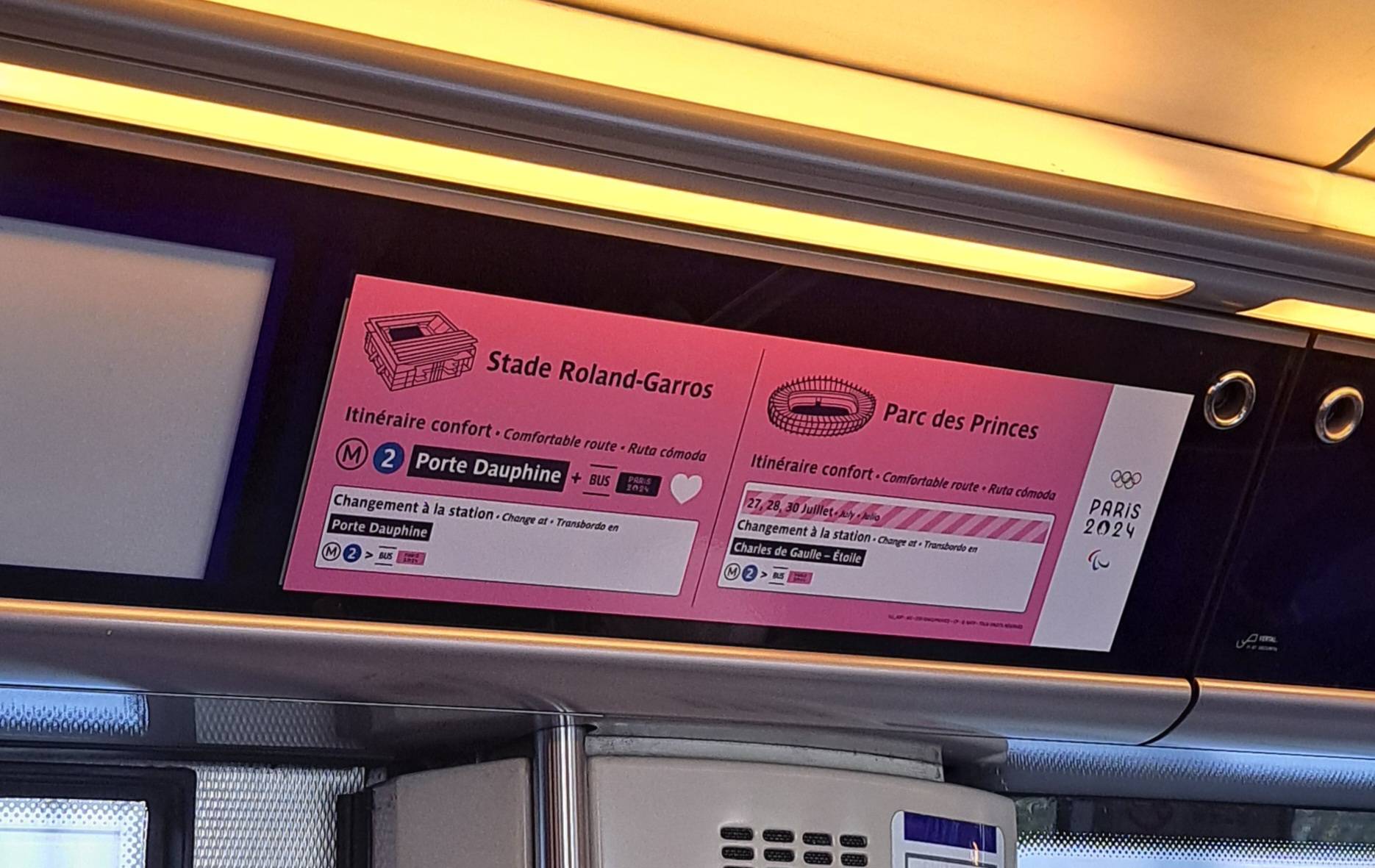“In a difficult context, France and Jordan delivered aid by air to the population and those aiding them,” Macron wrote on X (formerly Twitter).
“The humanitarian situation remains critical in Gaza” after three months of conflict, he added.
The French leader posted a photograph of an airman standing on the cargo ramp of a military plane, with parachutes visible in the sky below. Macron’s office said the “extremely complex operation” took place late on Thursday, saying it had been made possible by close ties between the French and Jordanian militaries.
Each nation sent a C-130 transport plane with mixed French-Jordanian crews, bringing a total of seven tonnes of “humanitarian and health” aid, the presidency said. At least 22,600 people have been killed in Gaza in Israel’s response to the October 7 attack by militant group Hamas, according to the territory’s Hamas-run health ministry.
The United Nations estimates that 1.9 million Gazans — 85 percent of the pre-war population — have been displaced, with hundreds of thousands risking famine and most hospitals out of action.
There are serious shortages of food, water, fuel and medicines despite a UN Security Council resolution demanding deliveries of humanitarian aid.
In Gaza, “a quarter of the population is (facing) catastrophic levels of hunger,” World Food Programme chief economist Arif Husain told the New Yorker on Wednesday.
The supplies dropped by France and Jordan were equipped with systems that remotely guided them to a Jordanian field hospital operating in the territory, the French presidency said.
The mission “allows us to show that such operations are possible,” the Elysee added, without saying whether it would be repeated.





 Please whitelist us to continue reading.
Please whitelist us to continue reading.
Member comments